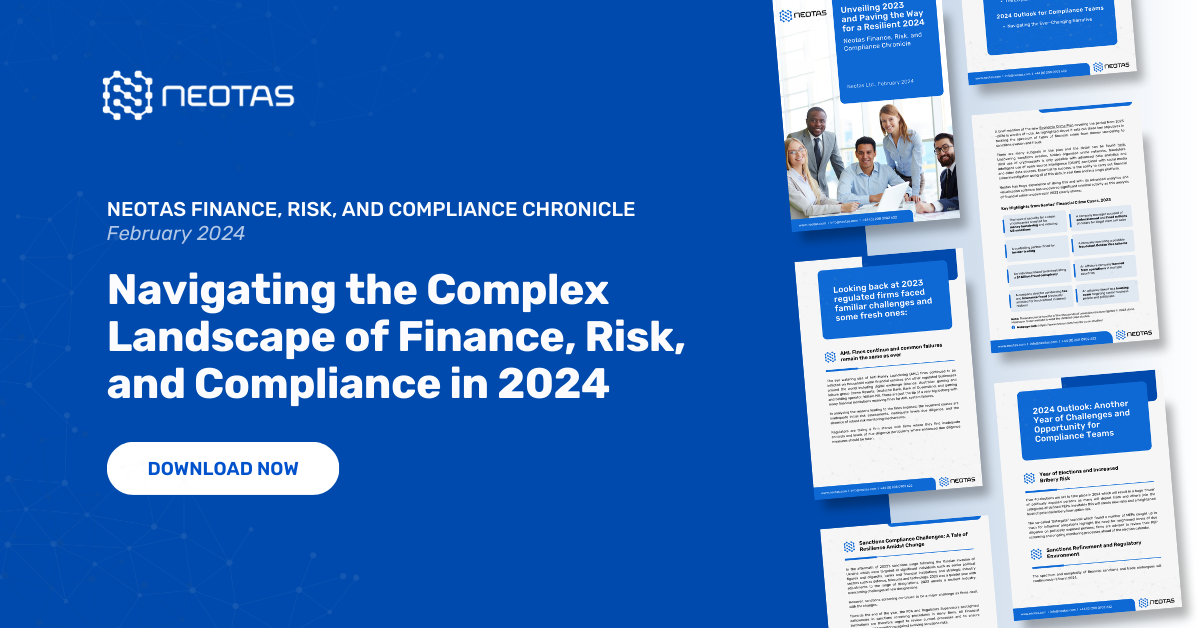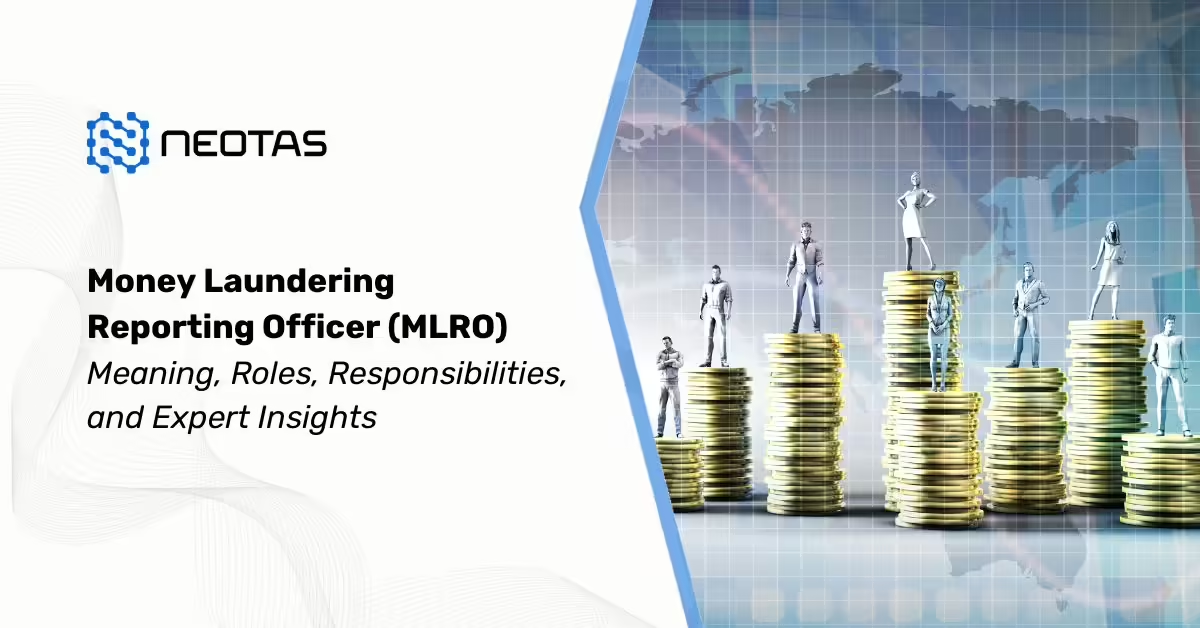Pre-employment Checks, What Should You be Doing in 2021?
“83% of hiring individuals have found candidate discrepancies on both CVs and job applications”.
With Covid-19 still prominent and our country facing a looming recession, businesses are facing unprecedented times. It’s more important than ever as we near 2021 that for those companies lucky enough to be hiring, only the best candidates reach the final stages of application.
Until now, pre-employment checks have been carried out by dedicated in-house HR teams whose aim is to maintain engagement with the future employee throughout the process. Whilst this is a great way to be on first-name terms with an individual by the time they are hired, it can also be a time consuming process for an already stretched department. This can also sometimes lead to missing red flags that pop up throughout the pre-employment check process and lead to an unfavourable hire.
“80% of the HR decision-makers we spoke to had admitted that they had employed an unfavourable candidate”
A review completed in 2018 here at Neotas concluded that 80% of the HR decision-makers we spoke to had admitted that they had employed an unfavourable candidate when carrying out the entire employment process in-house. What’s more, the individual hired had ended up costing the company an amount the equivalent of 23x their salary. This was calculated from a number of factors, including how high up the individual was within the company, how long their length of employment was, and also any paid training that was undertaken to further development.
Not only do individuals cause a monetary loss to the company, but they can also damage a firm’s reputation. It is a difficult loss to calculate, though as we are in such a prominent digital age, any potential employee will be able to search online for honest workplace reviews of any firm. Potential employees can see discontent within these reviews and decide against applying. Current employees can also see these reviews which could run the risk of losing good members of the team due to the development of negative feelings, ultimately distancing themselves from the organisation and seeking employment elsewhere. Essentially the potential damage to a company’s profile could have been avoided by finding out more about the employee beforehand. A task which can be time-consuming for a small, in-house team.
Another unfortunate outcome of hiring an undesirable candidate can be the reduction in the rates of productivity within the established team when faced with the introduction, and prolonged stay, of an unsuitable teammate. Thus diminishing levels of workforce morale overall and leading to more long-term damage at an unknowable cost.
How can individuals escape detection with a pre-employment check?
Although we may know as individuals that lying on an application form or in an interview is something we ourselves would never do, that’s not to say that many, many people don’t embellish on their applications. Even submissions from candidates that, upon first look seem glowing, can unfortunately be misleading and in many cases lead to a bad hire. In fact, leaning towards a candidate on gut instinct alone can increase the risk of a bad hire by up to a huge 50%.
Individuals can ‘improve’ many areas of their work and personal history during the application process to pass pre-employment checks. They undertake these amends for a number of reasons and are unfortunately not an uncommon occurrence today in the UK.
Qualifications
One of the biggest embellishments on C.Vs today is the alteration of qualifications or grades. This can range from ‘bumping up’ results to match the job specification, all the way to a complete fabrication of a degree. A notable example from 2012 is Yahoo CEO Scott Thompson who claimed to have a Computer Science Degree from Stonehill College. A college which did not include this particular degree in its course list at the time Thompson would have studied there.
In the digital age we are in, potential candidates can now look to ‘purchase’ their qualifications online. Several online outlets offer the record of a physical degree, without the individual having to take part in an actual course.
Work History
Another area which can be discreetly altered is the employment dates from previous roles. Candidates who may have had temporary roles or taken a career break early on can sometimes think that this may reflect badly on their work history and chances for future employment, especially if a minimum amount of years is required for a role. Candidates can also inflate their previous salary with a job title to match to give a better impression to a potential employer. Traditional in-house techniques can sometimes get to the bottom of these fraudulent claims, however by utilising an external pre-employment checks service, such as our Social Media Screening, we can dig even further to get you a full overview of the candidate, i.e. checking social accounts for previously listed jobs and showing the resulting discrepancies before you complete the employment process.
Right To Work
Applicants can also agree that they have a right to work in the UK, when this may not be the case, leading to a penalty of up to £20,000 for the hiring company.
Criminal Convictions
Often, simple driving offences can be left undeclared during the pre-employment process due to the individual being concerned it would eliminate them from the application process. When this eventually comes to light it can then affect the individual’s chances regardless due to their dishonesty at the time of interview.
References
References can easily be falsified should the potential employee wish to avoid a new company contacting an individual who they may have had a difficult relationship with. An individual will then list friends or family members as references instead underneath their previous job history, however, It can be hard to investigate this thoroughly with a small HR team.
Personal Affiliations
When submitting a C.V and cover letter, an individual discusses their work history and qualifications, describing how they apply to the job specification. For many individuals these are 100% truthfully written and in turn the potential employee may seem like the perfect person to hire. Perhaps one of the most difficult things to glean about a potential employee however is not within this document. This important element is; how their conduct will be during their time with the company, including outside of work, as a company representative as well as during business hours. Even after thorough business-related pre-employment checks have taken place it can give little indication of a potential employee’s outside affiliations.
Knowledge of an individual’s online footprint can be hugely advantageous. This can give a thorough understanding of whether the person has engaged in online content that can be described as racist, sexist, homophobic or listed as terrorist activity. An outside-led enquiry can also investigate circumstances which may be questionable should they be going for a position within financial services. For example, several trips to blacklisted countries listed on their social profiles within a matter of months could be something the company wanted to investigate, but didn’t have the information initially in order to discuss.
A recent case study we conducted for a client involved carrying out a social media screening on an individual who has passed through both traditional background checks as well as two interviews. After we completed the screening, the potential candidate was identified as being involved in football related violence and specifically involved in an attack on police officers. The individual was not only actively involved and promoting sexist, homophobic and racist content and personally attacking other individuals online, he also mentioned several class A drugs on his social media interactions. As a result, the person in question was removed from the application process and reported to Crimestoppers. The outcome could have been completely different had the HR team not contacted Neotas for the Social Media Screening.
“A thorough report was provided with areas of concern and interest that we wouldn’t have found otherwise” – Partner, Executive Search Firm
What can you do to avoid an unsuitable hire in 2021?
A study in 2020 showed that over 63% of applicants that they checked had lied on their C.V. This included 23% in relation to qualifications and 37% editing their previous workplace details. Whilst this can be looked at by an internal HR team through pre-employment checks, the ability to uncover a potential candidate’s personal history outside of their employment is still beyond reach using traditional methods. Even a person who passes the standard background checks can be hiding information that could be potentially damaging to the reputation of a business, the results of which can affect a company of any size. Even CRB checks can only show UK crimes, they do not include instances that the individual may not have been convicted for, and they also do not cover behaviour that a hiring company will find goes against their ethos.
This potentially damaging gap in the application process can be avoided simply by giving the hiring team a full picture of the individual in question. Neotas are experts in Social Media Screenings and offer a complete overview of a prospective candidate based on their online presence. The screening looks at individual candidates objectively and offers a summary of information which could affect your company should you choose to hire the individual. The screening is completely objective, removing the possibility of an unconscious bias and lets you make a completely informed decision during your pre-employment checks. It is due to this that we do not recommend conducting these searches yourself and instead outsource to a third party, as this research may lead to an unconscious bias being held by an individual based on lifestyle choices outside of work time.
“Many companies and HR professionals we speak to can’t believe that some of the stories we uncover are real. However, our checks are uncovering highly concerning factors on a daily basis. Sure, it’s only in a relatively small number of cases, but the risk is still severe enough to make it a real concern for anyone hiring in the next 12 months.” – Vipul Mishra, Neotas CEO
We understand it can be difficult to justify the cost to senior members of a board, of bringing in an outside resource. However, put plainly, the real question is whether can they afford 4- 23x the salary of the individual they are hiring?
Neotas can help you avoid monetary loss, reputation damage and a potential drop in team morale simply by carrying out social media and online reputation screening.
Get in touch today and be ready to recruit with confidence in 2021.



 Financial Crime Compliance Trends 2024
Financial Crime Compliance Trends 2024












